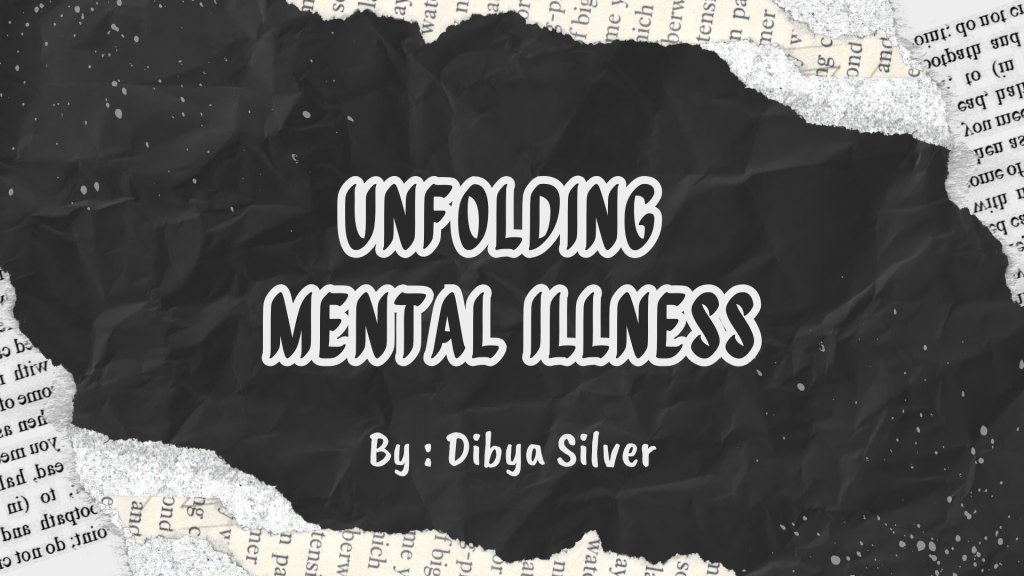
It started with the sound of children laughing.
I had just come home—7:45 p.m., usual routine. Toss keys on the counter, microwave the leftovers, scroll aimlessly to numb the day’s rush. That’s when I noticed the giggle. It was soft, carefree, echoing through the thin apartment walls. A sound that didn’t belong to my world of spreadsheets, late-night emails, and Friday night takeouts.
Across the hall lived Rina. Same age as me—thirty-five. Married. Two children. A husband who wore crisp shirts and a charming smile. Her home always smelled like freshly baked rotis and something warm. I’d pass her door every morning, and she’d be tying her son’s shoelaces with one hand, packing lunch with the other. She made it all look so… full.
I envied her.
She had what I once wanted. I married at twenty-one, divorced at twenty-three. A short, sharp lesson in what love shouldn’t feel like. Since then, I built walls. Focused on my career, rented my own place, paid my own bills, fixed my own sink. But still, on lonely nights, I’d wonder: What if I had just stayed? What if I had tried harder?
One evening, Rina knocked on my door with a plate of gulab jamuns.
“It’s Diya’s birthday,” she beamed. “Thought you might like some.”
That was the first time we sat together. She was softer up close, eyes tired but kind. Her voice dropped when the topic drifted to her job—or lack of it.
“I was a teacher once,” she said, stirring her tea. “English literature. Loved it. But kids came, then his business needed help. Now, this is my job.” She smiled, but her eyes lingered on the floor.
I asked if she missed it. Her fingers tightened around the cup. “Some days I forget I was ever more than this.”
That line sat with me longer than I expected.
We started spending more time together. She’d come over after putting the kids to bed. I’d cook sometimes, she’d bring parathas other nights. We talked about everything—her dreams of publishing poetry, my fear of ending up alone, her family’s expectations, my freedom that sometimes felt like emptiness.
One night, a thud shook the wall. Then muffled yelling.
I froze.
The next morning, I noticed a faint bruise on her cheek, like a shadow she couldn’t scrub away. She laughed it off, joked that he was just stressed, that “men are like that sometimes.” Then she said something that cracked something inside me:
“It means he still cares. At least he notices me.”
I didn’t know what to say. I think she noticed the storm behind my silence because she quickly shifted the conversation to the weather.
After she left, I sat on my couch for a long time. The same couch I sometimes cursed for being too empty. That night, it felt like the safest place in the world.
I thought of the girl I used to be—twenty-one, hopeful, bending until I almost broke, just to keep a ring on my finger. And then I thought of the woman I had become. Alone, yes. But also free. Not invisible. Not silenced. No bruises hidden beneath makeup.
I realized then that we all carry weights, just shaped differently. Mine came with solitude. Hers came with sacrifice.
I once envied her life. Now, I respected her strength. But I no longer wanted her version of happiness.
Sometimes, what we call loneliness is just space. Space to breathe. To grow. To remember who we are when no one is asking us to shrink.
And in that quiet moment, I felt something unexpected rise within me—gratitude.
For my path.
For the pain I left behind.
For the peace I’d built, one late night at a time.
Moral:
Not all full houses are warm. Not all quiet rooms are empty. Sometimes, the greatest love story we’ll ever live is the one we write with ourselves.




